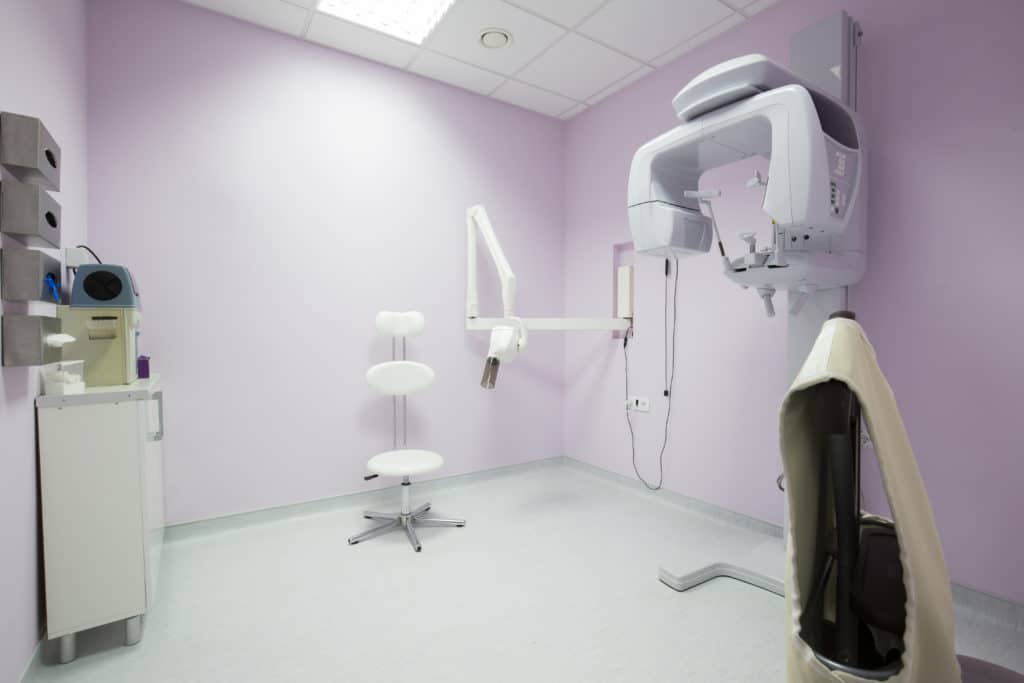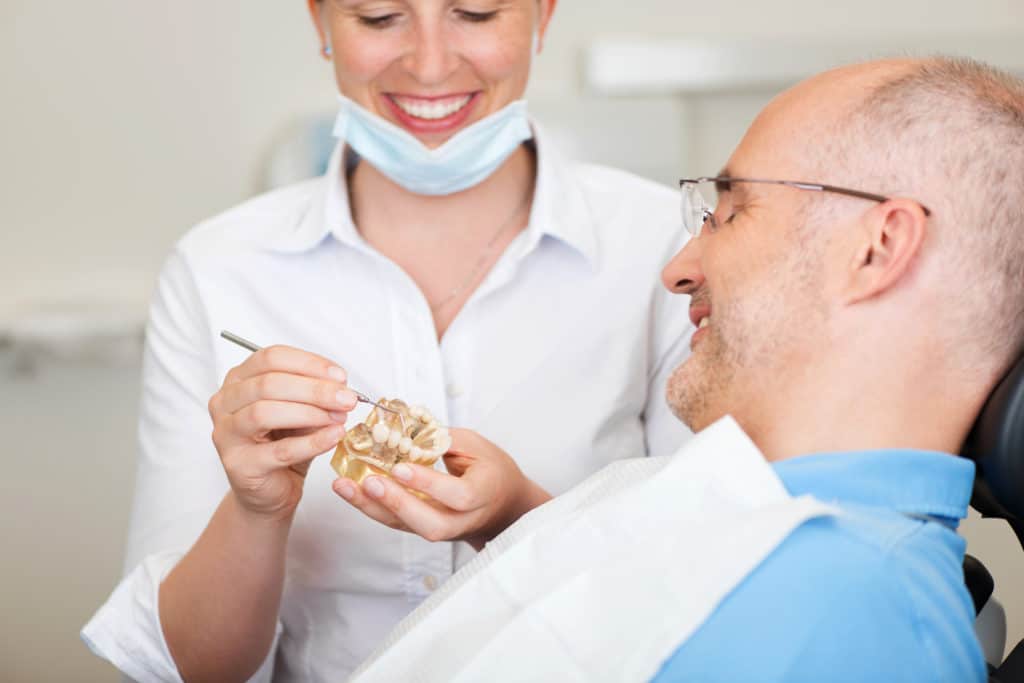
At David G. Johnson DDS, PC, we use the latest technology to benefit our patients’ dental exams. One of the latest 3D scanners we have is the CBCT machine. What is it? CBCT stands for Cone Beam Computed Technology and is a unique type of x-ray equipment that enables the production of 3D images. The CBCT Scanner provides information about many different features of oral health, including tooth structure, nerve pathways, bone health, soft tissues, and more. In less than a minute, it processes about 150-200 images and with its’ high-resolution scanning, your Endodontic can see every small aspect of your entire mouth.
Another benefit to this machine is that there is a lower radiation level required to obtain these high-quality images. The radiation levels received is 18-200 millirems depending on the size; the average exposure from natural sources is 300 millirems per year at sea level and can be slightly higher at higher elevations. For example, anyone in Denver, Colorado averages 400 millirems per year. The natural radiation we receive every day comes from our environment, food, air, water, and our bodies. So according to the CDC, that’s at a category 1. That’s a low radiation number for this machine! For radiation to be high enough for death you would have to be at a category 5, like what happened at Chernobyl.
Why would you need to use this machine? You might have been in a car accident or maybe you’re not healing right after a root canal so your Endodontic will use this machine to look further and find what needs to be resolved. Other examples are:
- Viewing impacted teeth to plan a surgical procedure
- Preparing for orthodontic treatments
- Accuracy with the placement of dental implants
- Diagnostics for temporomandibular joint disorder (TMJ)
- Detection of potential tumors and cancerous growths
- Evaluations of jaw position, nerve canals, sinuses, and nasal cavities
- Complete information about tooth orientation and bone structure
- Identifying early signs of dental disease
Before you get your scan, you will be asked to remove items that might interfere with the imaging, such as eyeglasses, jewelry, hearing aids, hairpins, and removeable orthodontics or dental work. If you enter the machine with any of these items it can break the machine and cost the dentist thousands of dollars to get a replacement. Once your dental assistant gets you set up in the machine, a complete 360-degree rotation is done around your head and the images are taken. Once the machine is complete, the images are reconstructed with the 3D print. It is a comfortable and fast process for all patients.
Please contact David G. Johnson DDS either on their website, over the phone or in the office if you have any further questions or concerns on your dental health today.




